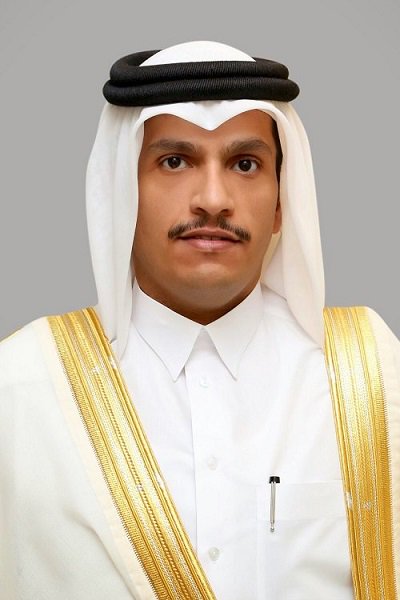Amidst the raging diplomatic crisis in the Middle East, Qatar’s foreign minister has said that the nation is prepared to work together with other Gulf countries blockading it in order to reach a resolution, stressing, however, that the country will not discuss any matter that impinges on its sovereignty.
Sheikh Mohammed bin Abdulrahman Al Thani, Qatar's foreign minister, said, “We are willing to negotiate any legitimate grievances with our neighbours, but we will not compromise our sovereignty.”
However, he added “The siege on Qatar is a clear act of aggression that violated international law.”
He said, “The response of Qatar has been purposefully measured, yet unequivocal.” He was speaking in Washington, DC, where he had been holding a series of key meetings aimed at defusing the crisis.
Saudi Arabia, United Arab Emirates (UAE), Bahrain and Egypt severed diplomatic ties with Qatar and imposed sanctions on it on June 5, accusing it of supporting "terrorism". The allegation is rejected by Doha.
More than two weeks later, the four Arab countries gave Doha a 10-day ultimatum to comply with a 13-point demand list in exchange for the end of the anti-Qatar measures.
The demands submitted by Saudi Arabia and its allies included that Qatar shut down the Al Jazeera network, close a Turkish military base and scale down ties with Iran. It also included that Doha sever all alleged ties with the Muslim Brotherhood and other groups, including Hezbollah, al-Qaeda and ISIS, and pay an unspecified sum in compensation for what they claimed to be "loss of life and other financial losses caused by Qatar's policies".
The comments of the foreign minister came at the end of a trip to Washington, where he met key leaders, including US Secretary of State Rex Tillerson and United Nations Secretary General Antonio Guterres, to discuss the crisis.




